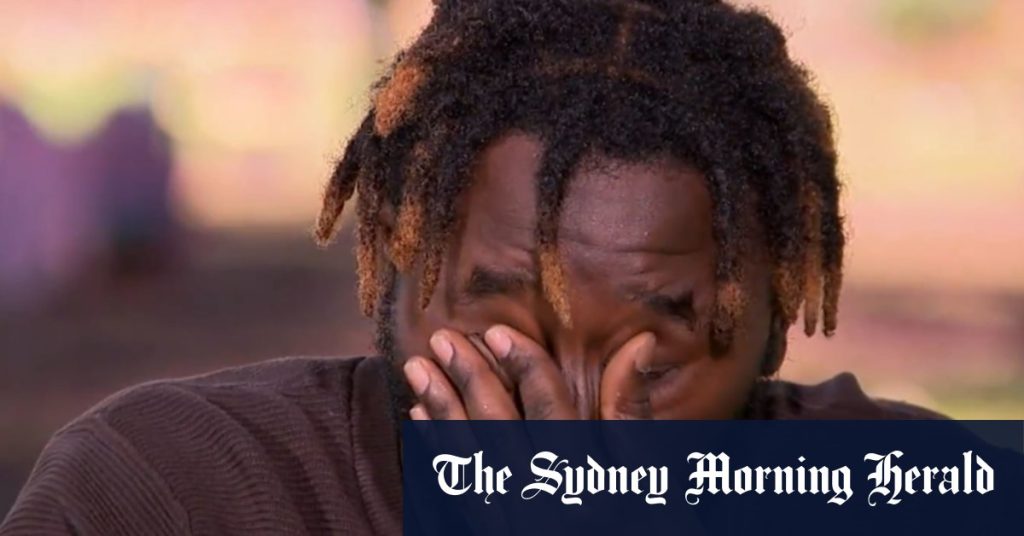Emmanuel Saki, a Sudanese-born man, had his humanitarian visa cancelled in October 2019 after being sentenced to 18 months in jail for assaulting his former partner the year before. The decision was overturned by AAT deputy president Stephen Boyle, who believed that Saki posed a low risk of reoffending and had shown remorse for his actions. Saki had been detained at Yongah Hill Immigration Detention Centre until his release in early April, leading to criticism of Immigration Minister Andrew Giles for not intervening to keep Saki in detention.
Saki arrived in Australia from Egypt at the age of 11 on a humanitarian visa with his father and siblings. The federal opposition accused Giles of influencing the AAT’s decision to release Saki, implying that his ministerial direction emphasized leniency towards non-citizens who had spent a significant amount of time in Australia. Opposition immigration spokesman Dan Tehan questioned Giles’ refusal to use his ministerial powers to prevent Saki’s release, suggesting that the minister’s priorities were not aligned with ensuring community safety. The spokesman for Giles stated that the minister was seeking advice on the matter and highlighted the importance of the ministerial direction in considering serious offenses and family violence in such cases.
The cancellation and subsequent overturning of Saki’s visa led to emotional turmoil for his family, particularly his mother who had already experienced loss in Australia. The family had come to Australia in search of a better life, and these legal battles disrupted their hopes and dreams. Saki was described as a brother, uncle, son, and loving father, making his imprisonment and subsequent release even more devastating for his loved ones. The impact of these events on Saki’s family highlights the complexities and consequences of immigration and legal decisions on individuals and their families.
The case of Emmanuel Saki raises questions about the role of the immigration system in ensuring community safety while also considering the personal circumstances of individuals. The AAT’s decision to overturn Saki’s visa cancellation based on his remorse and low risk of reoffending brings attention to the subjective nature of such legal judgments. The political implications of Giles’ involvement in the case and the criticism from the opposition further complicate the situation, with differing opinions on how to balance immigration policies with the need for public safety. The ongoing police investigation following Saki’s release underscores the need for thorough examination of such cases and the potential risks involved.
As the community grapples with the aftermath of Saki’s release, the ministerial direction and its impact on immigration decisions are brought into question. The emphasis on serious offenses and family violence in these matters highlights the importance of considering the safety of individuals and communities affected by such cases. Giles’ assurance that the matter is being handled by the courts and the police investigation provides some reassurance to the public, but the underlying issues surrounding immigration policies and their implementation remain contentious. The tragic consequences of Saki’s actions and the legal battles that followed serve as a reminder of the complexities involved in immigration and legal proceedings and the need for careful consideration of all factors involved.


